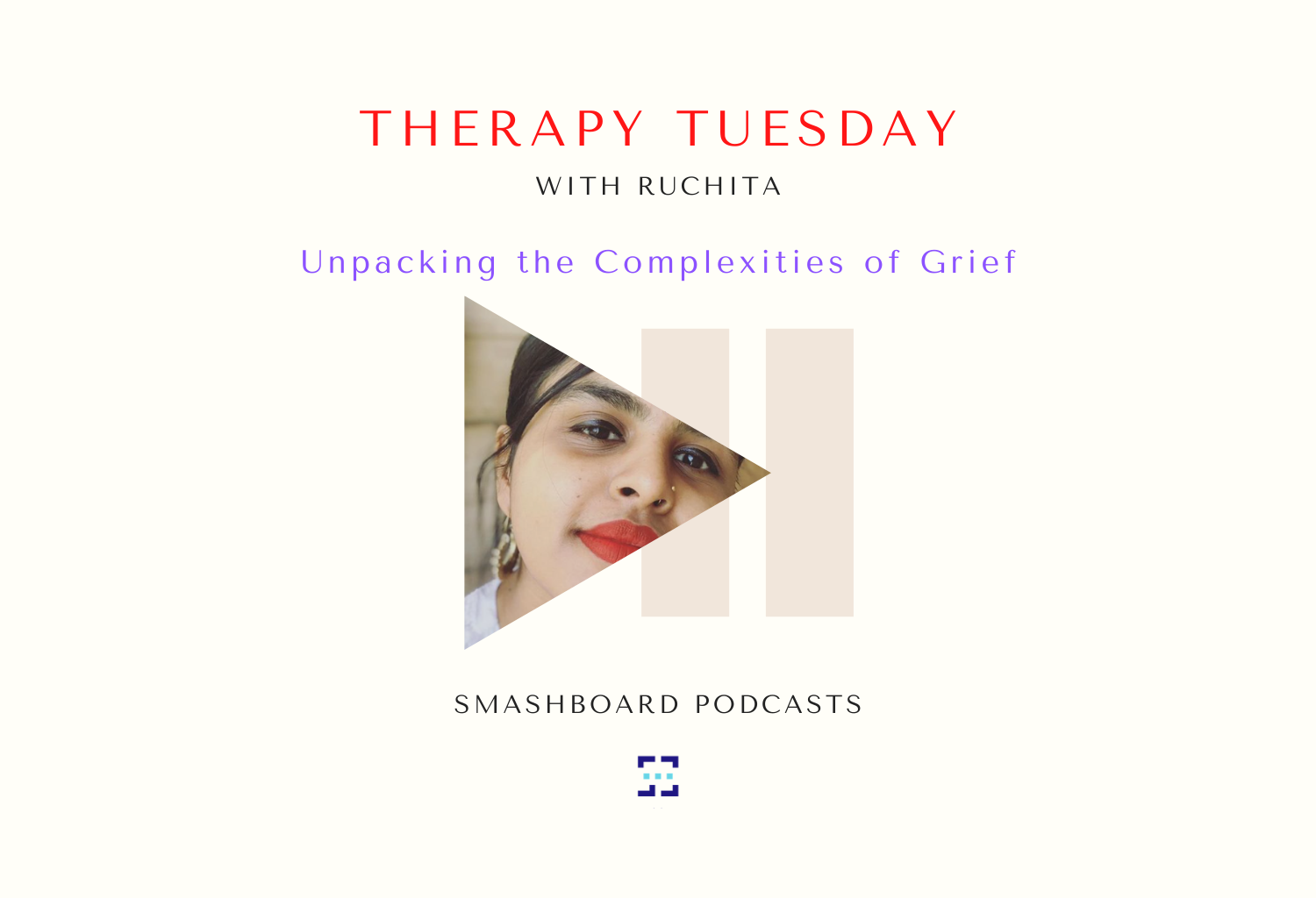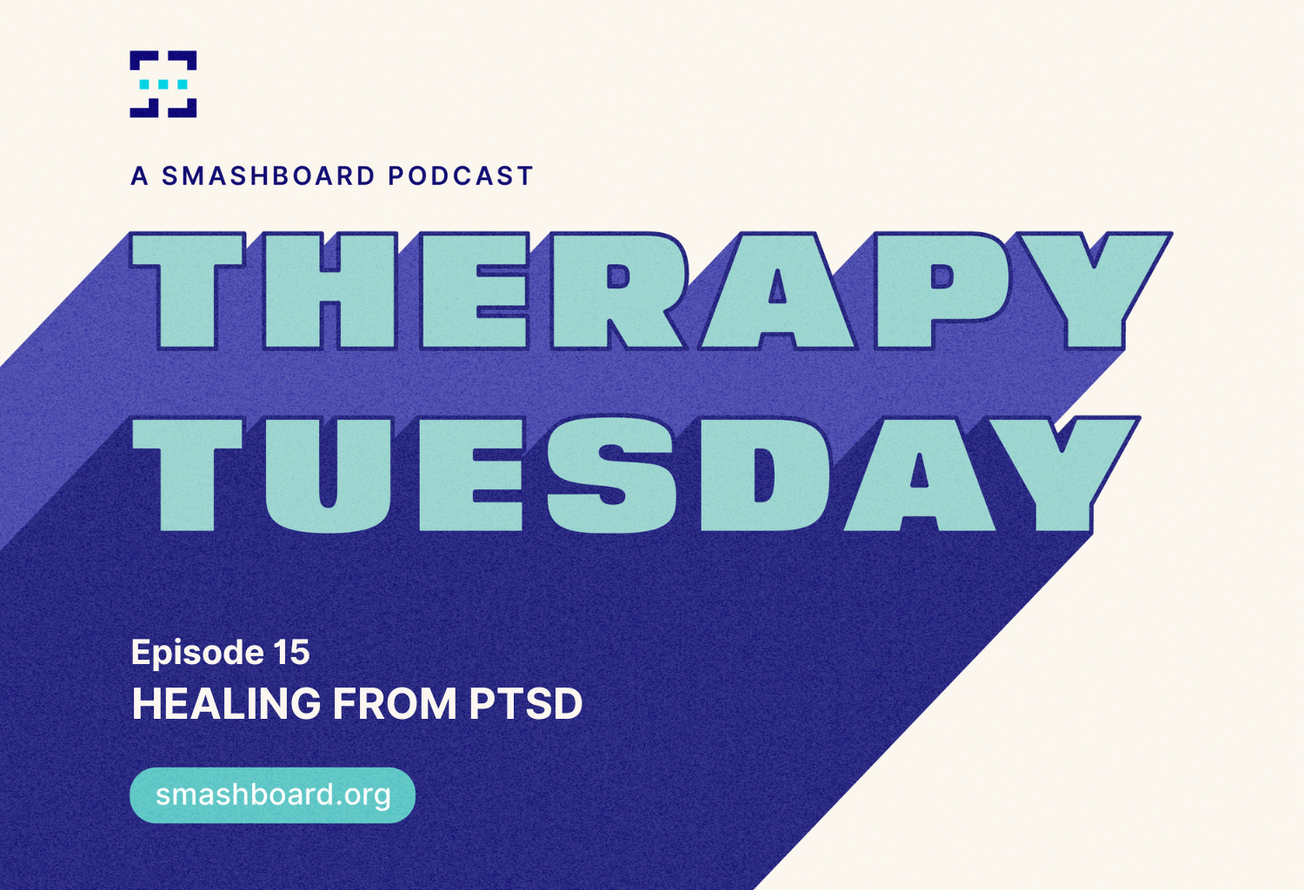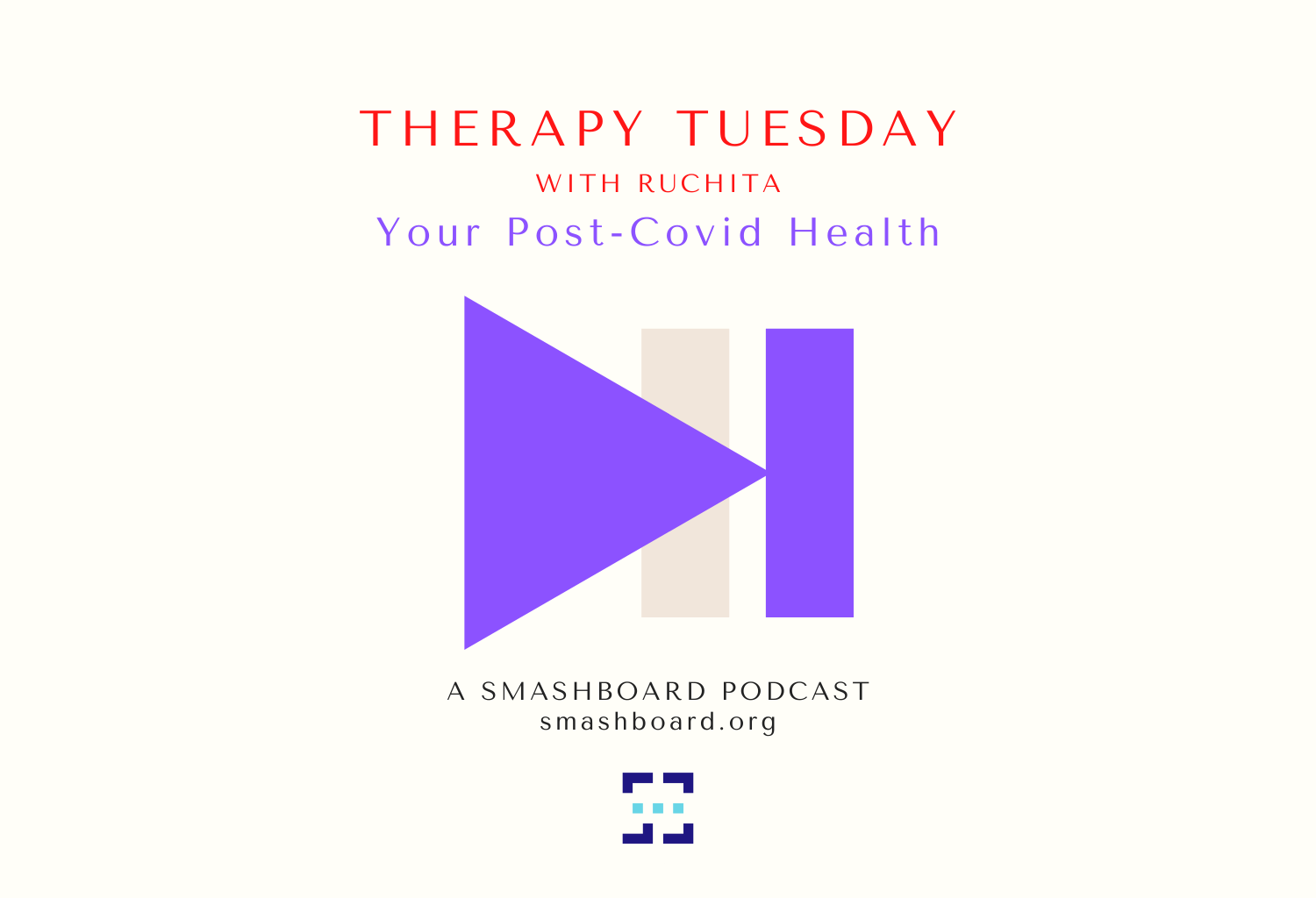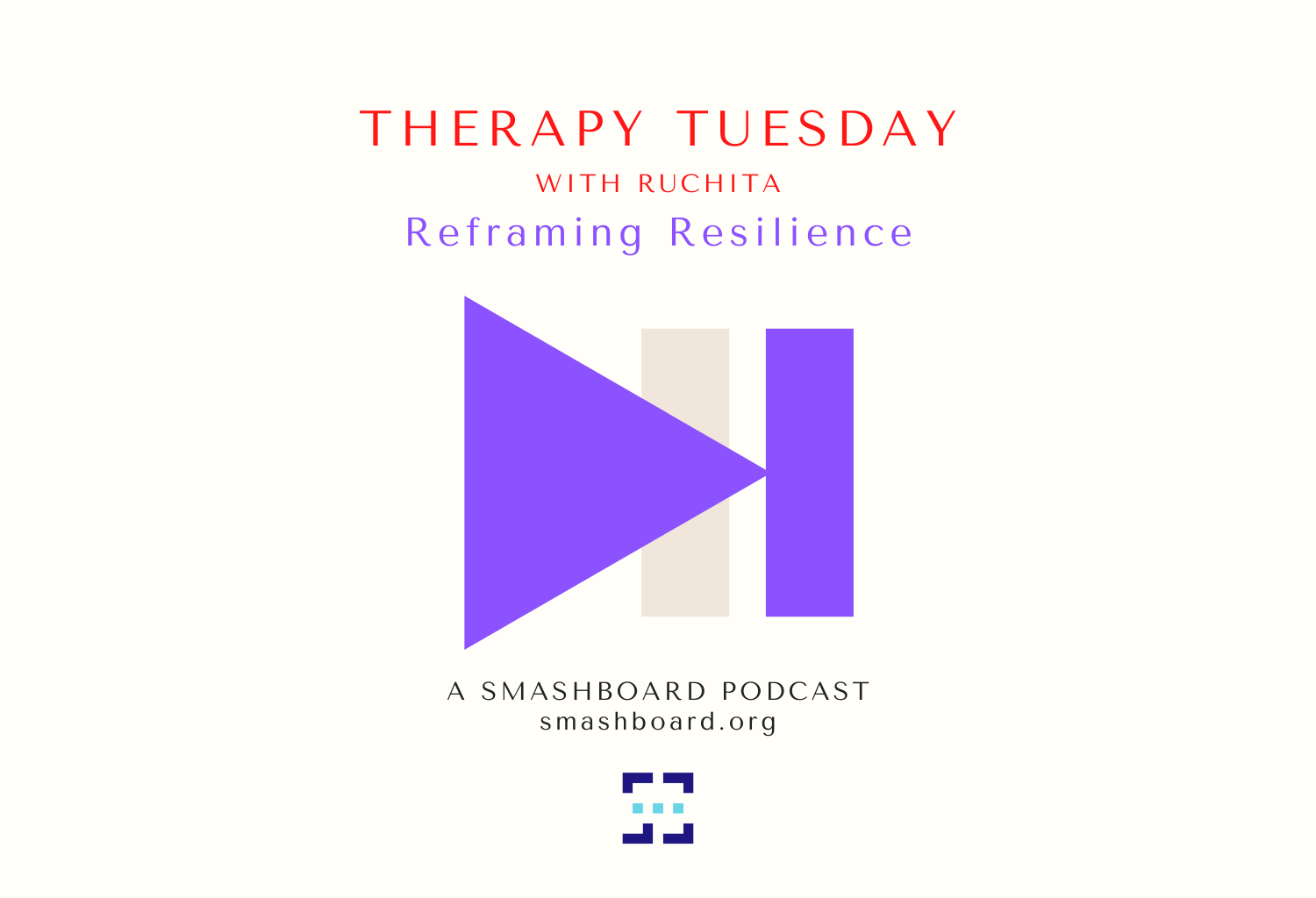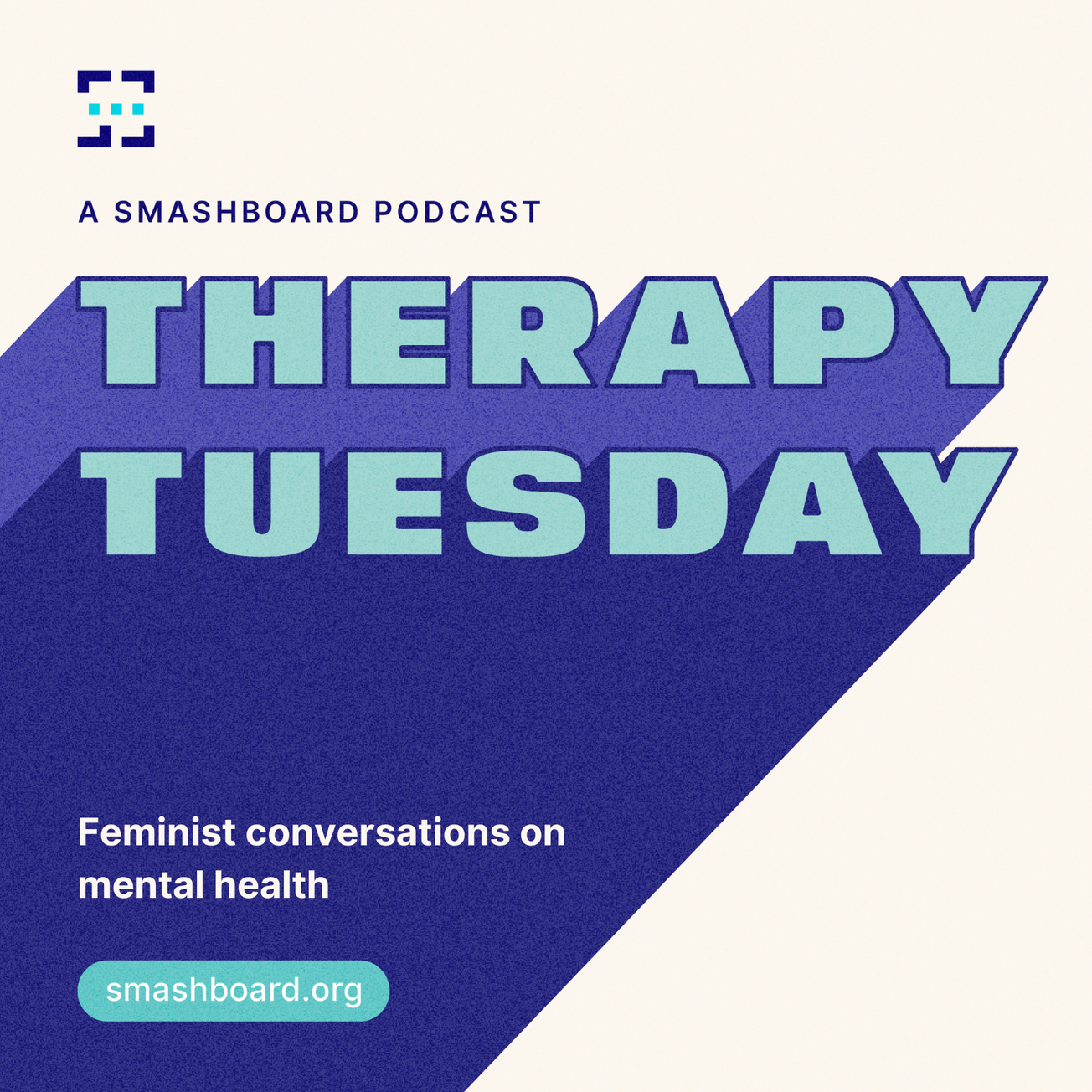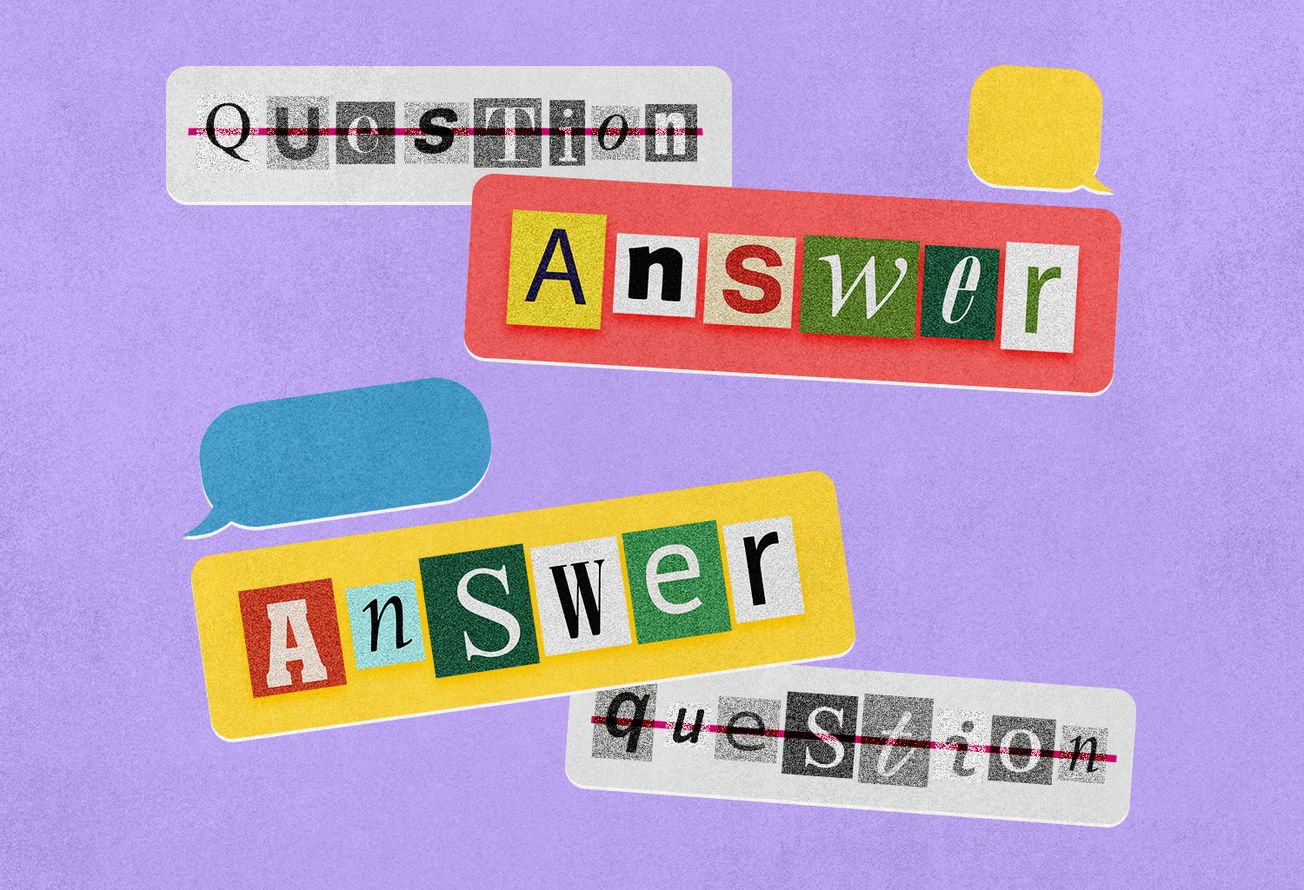Listen to our feminist mental health podcast on your favourite platform.
Please do rate us! And give us a thumbs up/like/star. Have a great Tuesday!
Scroll down to the end for the full transcript.
Credits:
Edit: Apurba Jyoti Borah
Audio Mix: Depot Records
FULL TRANSCRIPT OF THIS EPISODE:
Hi, this is Therapy Tuesday, Smashboard’s mental health podcast and I am your host Ruchita Chandrashekar. I am a behavioural health researcher and psychologist with a specialisation in trauma and post-violence recovery, and this podcast has been created for people who are looking to have conversations around mental health from the feminist perspective. Please remember this podcast aims to be an educational resource and is not a substitute for therapy or treatment.
The pain of loss can be overwhelming and I don't think we normalize that it's okay to be unprepared to face loss, that grief can be messy. Truth is, there is no right way to grieve, and yet, all of us have at least been to one funeral or condolence meeting when someone has walked up to a person grieving and said 'Don't cry', almost like saying 'don't be too loud in your grief'. Tone it down. I've often wondered about the kind of shame or suppression statements like that can cause.
Grief is a very natural response to loss. Every feeling response we experience serves a purpose - anxiety is a protective feeling response, anger reminds us of injustice, disappointment tells us about value. Grief sees varied feeling responses and looks different for everyone. There is profound sadness, debilitating anger, shock, guilt and a myriad of unexpected emotions. All of these experiences are very normal. Grief can be experienced at the end of a relationship, loss of a job, loss of money, loss of home, loss of safety after trauma and even the loss of a loved one. Sometimes you might move away from home to study, and while you're excited about the new experiences that are about to come, you may grieve the loss of home. It's a subtle loss but it's still a loss that pushes you to miss home. And that's okay. We often police and filter our emotional experience with 'shoulds' and 'musts'. 'I shouldn't be feeling bad about leaving home when I am going to a new country' or 'I must get over this now that it's been a few weeks'. Truth is, there is no linear process to grief and since it's so highly individualized, it can look different for the same person with each loss as well.
The stages of grief are known to most of us - there is denial, anger, bargaining, depression and acceptance. It is possible to go from denial to bargaining to depression, acceptance and back to denial again - in the same week. Grief is cyclical. Grief can also have physical symptoms - fatigue, insomnia, lowered immunity, changes in appetite, and even physical pain. How grief manifests, especially grief caused by death, is also influenced by how different cultures acknowledge death. Some mourn in private, some emphasize on the need for support, some rely on rituals and traditions; and all these practices can serve a purpose in healing.
There are many common myths around grief so I'll try to address the more distinct ones while touching upon the other. The first myth being that 'It is important to be strong in the face of loss'. I think it's important that we stop demonizing the experience of some emotions or putting them under the binary of positive and negative emotions. Labeling emotions as negative increases the risk of internalized shame and rarely helps with processing the emotion itself. Feeling sad, lonely, angry and even guilty is absolutely normal in the face of grief. It's also okay to be and to feel weak. Putting strength on a pedestal only adds pressure to how one needs to feel their pain. Since loss can often be traumatic, pressure is the last thing anyone needs in their process of healing.
Another myth is that 'if you start over too soon, you didn't care enough' which also ties into 'if you didn't cry, you didn't care enough'. Honestly, how you cope with loss has no bearing on what that person or experience meant to you. Grief is complicated and the grieving process is influenced by a number of factors like your personality, past experiences, your past traumas, your coping style and so much more. In fact, these are some of the factors that can complicate your process of grieving. Some people resume work days after a loved one has passed but that doesn't mean that they don't care. The COVID-19 pandemic has made grieving so complicated, where people feel pressure to defer their grieving because so much focus is now placed on navigating survival. However, there can be risk for emotional numbing where it can seem like you 'feel nothing' while thinking about the experience, memories or the person. This is a survival response to loss and it happens more often than we think. The feelings may resurface at a different time. It is normal to cry about something 6 months after it has happened, it is perfectly okay to feel like you are attached to memories of the experience because it brings you comfort, and it is absolutely alright if throwing yourself into chores or your goals helps you navigate the everyday when faced with a loss.
One more myth I want to address is how there will always be closure; because sometimes, there won't be. 'Why did this happen to me?' is so common when someone is faced with loss. Loss often has the ability to shake someone's faith in whatever form of god they believe in too. Loss feels unfair, shocking, traumatic, in a way where the first way to exercise control seems tempting in exploring the why - Why did they leave me? Why did they do this? Why did someone die? Why did I get fired? Why did I deserve to get deported? Sometimes we dwell in our need for closure, because it delays moving on, and we're not ready to move on. Moving on also doesn't mean that grief has an end and you're done, so even if there is some kind of conclusion to find that can serve as a closure, it doesn't imply that your grieving process has ended. As painful as it sounds, sometimes there is no answer to a why or a conclusive answer that provides closure. Life keeps moving, we take it a day at a time, till we've adjusted to a new normal. Memories become reframed, the pain doesn't feel as debilitating, some meaning is derived from the experience of loss and our resilience starts building reassurance within us that we can be okay. In fact, waiting around for grief to end can disappoint us and even leave us feeling like failures. Always remember: grief is cyclical, it's not linear.
So what can help? Since grief increases the risk of withdrawal and isolation, an active presence of a social support system can help. Whether it is to bring you food, take care of laundry, talk about your feelings or to just help manage the loneliness. Sometimes, support groups also become these spaces to hold the pain. Now people can be awkward and feel confused about how to provide support to someone grieving, so it's absolutely okay to ask for exactly for you need; and it's even more okay if what you need is to not have to talk about what's occurred. It's also important that we allow ourselves to feel everything. It is possible to suppress grief but we can't avoid it forever. Unresolved grief can risk relationships, lead to mental and physical illness and even substance abuse concerns. Over time, it is possible to recognize grief triggers - a place, an object, a birthday or a milestone, and our journey through healing can also help us prepare for how we can manage these triggers. It is important to selfishly prioritize ourselves in the face of loss and to be mindful that the journey can look different at different points in time, but that doesn't mean that we aren't healing through the process. That's all I have for you on this episode of Therapy Tuesday. I hope it left you with something to reflect on! I'll see you on another episode!


